Fourteen years later and the world has become increasingly more dependant on energy. Technology use is at its highest and energy shortages have become a very real concern. Energy, and the use of it, is increasingly becoming an ethical dilemma.
When it comes to energy we often look at three areas:
Energy Security – Which energy resources are available, and will provide, uninterrupted access.
Energy Equity – The energy affordable and available to all.
Energy Sustainability – The impact (short and long-term) of using the energy.
The World Energy Council defines these three conflicting areas as the energy trilemma. Each of these areas, individually, are vital to the economic, environmental, and social sustainability of a country. But it’s hard to check all three boxes.
There will always be the dilemma between affordable energy and energy that is available anywhere, and at any time. The challenge is finding a consistent source of energy that is reliable and financially viable.
Here are the facts: The structure that we have in place today was chosen because it was the most reliable and inexpensive choice at the time.
Decades ago, we thought that nuclear was the solution for renewable energy. Today, we know that this is no longer the case.
One look at nuclear energy plants and natural gas plants (the solutions that we typically turn to for reliable energy solutions) and we see that they’re ridden with challenges. First, the infrastructures to sustain these energy sources are financially unsustainable.
Secondly, there is a potential negative impact on the environment.
Nuclear energy and natural gas fulfill the first requirement: energy security. But to make these energy sources affordable (energy equity), the governments are taking on a massive debt load.
One of the biggest struggles with converting the developed world to renewable energy is that there is already an existing, albeit failing, energy infrastructure in place.
Conversely, in the developing world, renewable energy choices can be quickly implemented and installed to support these new energy infrastructures. Nothing needs to be taken down, and so, it is extremely easy, to put something new up.
The question is, do we continue with the previous solutions based on our history? Do we simply settle with our past choice, Even if it was the wrong one, because we already have an infrastructure in place?
We have reached the point where perspective, more than anything else, is the biggest hindrance to moving towards more innovative energy solutions.
And so we are left with two choices; maintain the status quo or make a change.
When we look at the energy solutions objectively, it really is no longer a dilemma. We need to fully embrace renewable energy choices and storage solutions.
We believe that renewable energy is really the only solution that can meet all three requirements; security, equity, and sustainability, completely. This wasn’t the case 10 years ago. In fact, it wasn’t even the case 5 years ago. But it is today.
To get there, we need individuals, corporations and governments to think outside of the box and look at the long-term viability of their choices. We’ve said it before, the short-sighted thinking to energy solutions will have a negative impact on the next generation.
We need more innovators like, Tesla founder, Elon Musk who made the commitment to help combat Australia’s energy challenge. Musk realized that even in a developed country there is an economic benefit to converting to renewable energy, and storing, said energy for use on the grid when it is needed.
The reality is the ethical choice may not be the most politically promoted, or even the most expedient choice.
This has increasingly become even more of struggle in a world that is constantly looking to the fast, effective solution and politically expedient. It has become a world where we choose “What I want today!” or “What will make me or my party look good now?” instead of thinking about how does this choice impact our tomorrow?
We need to look at solutions that will meet today’s energy needs with minimal to no impact on tomorrow. We need to stop the next generation from being strapped with the choices that we make today.
Nuclear energy appeared to be the best solution at the time. But now that we know the true cost of this energy infrastructure, it would be reckless to make the same mistake all over again. Why pay 12 billion dollars (which is the figure that was budgeted in the past) to refurbish a failing system when there is a new solution that could replace it more effectively?
We need to start embodying the perspective of a successful CEO. Bad decisions happen, often because, at the time, they may have seemed like the best solution at hand. But once they recognize it was a bad choice, successful CEOs make a change and reinvest in a more viable solution.
We believe that the most ethical solution for energy is to build and invest in a new infrastructure today, an infrastructure based on renewable energy, so that we can prepare for a future where we are no longer dependant on nuclear energy.




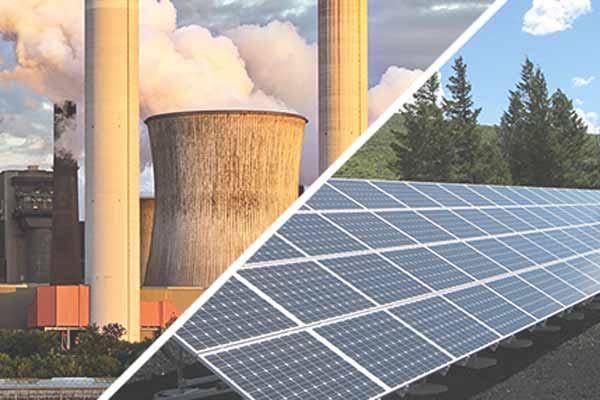


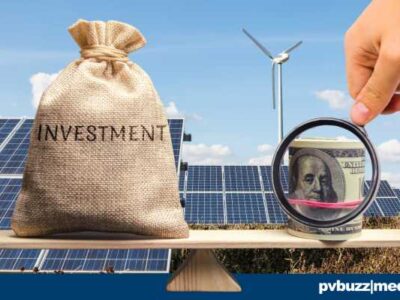
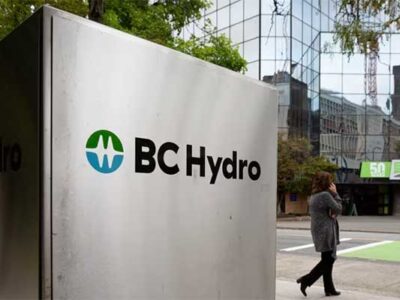
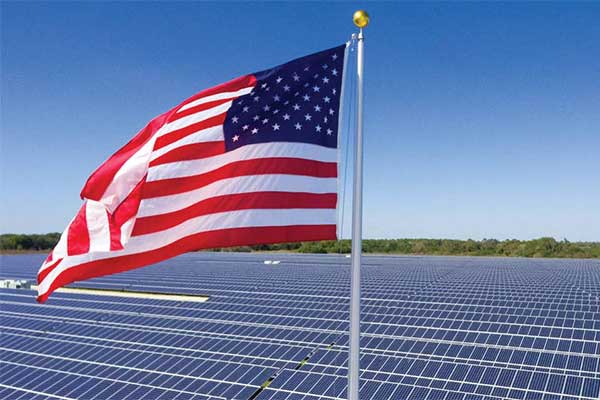
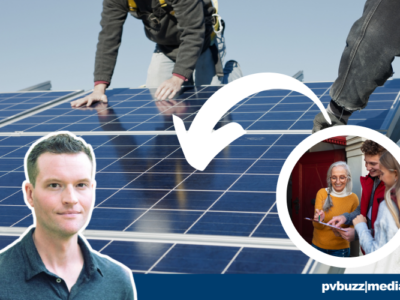
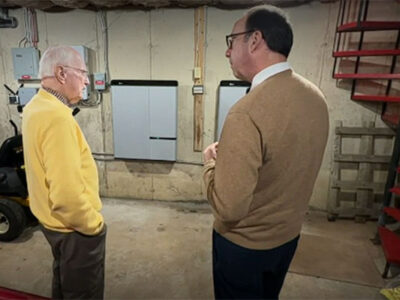




Comments